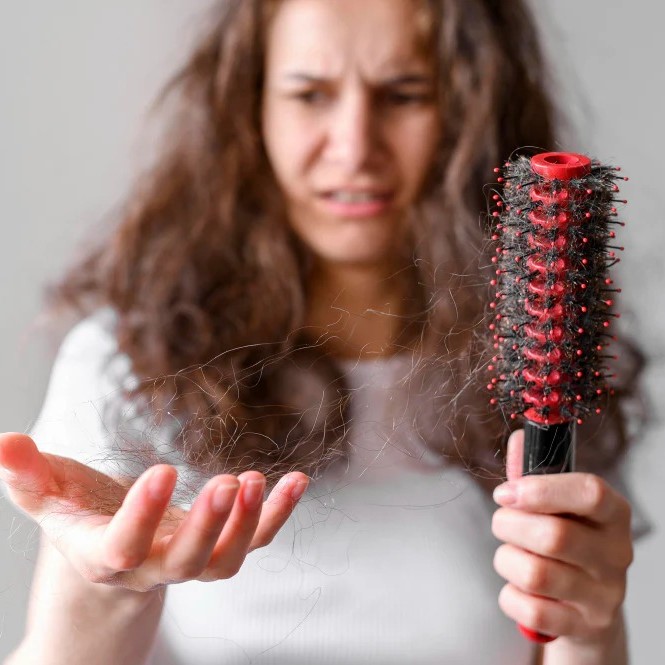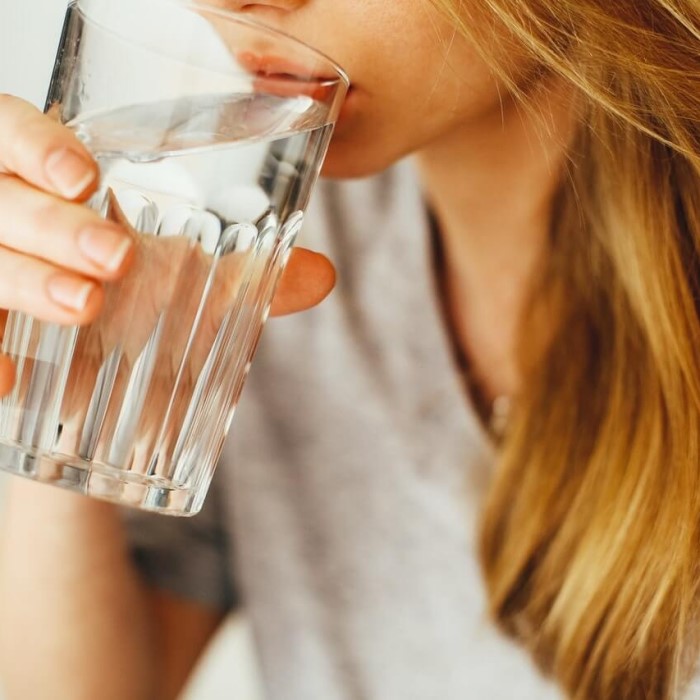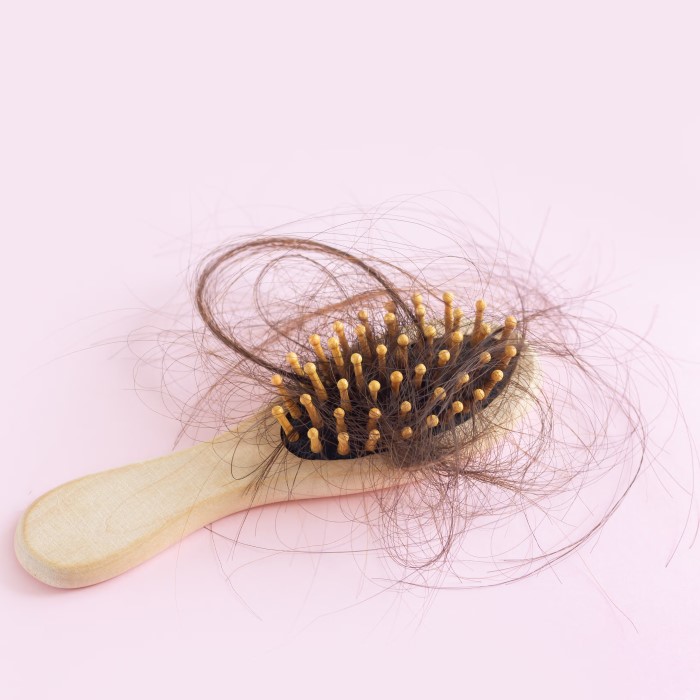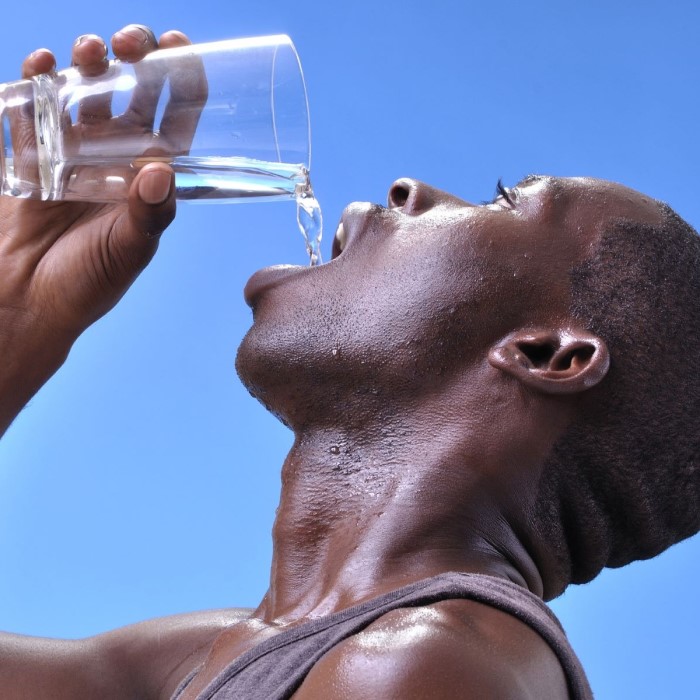
Hydration Matters: Can Dehydration Cause Hair Loss Issues?
Introduction: The Importance of Hydration
The question of whether can dehydration cause hair loss is gaining attention as people increasingly realize the connection between overall health and hair vitality. Hydration plays a critical role in maintaining numerous bodily functions, including promoting healthy skin and hair. When the body does not receive sufficient water, it can lead to various adverse effects, including the potential for hair loss.
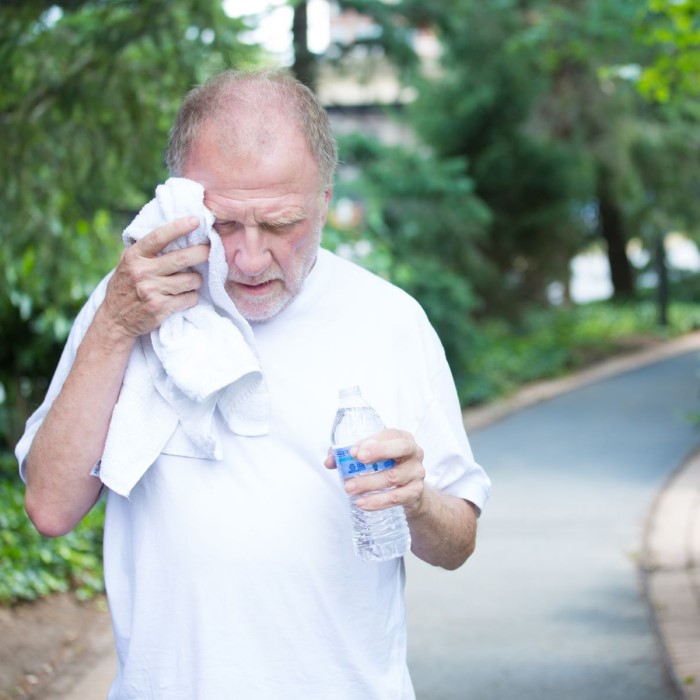
This blog post will explore the intricate relationship between hydration and hair health. We will examine how dehydration manifests in the body, its effects on hair follicles, and why it is crucial to stay hydrated for optimal hair growth and maintenance. Moreover, we will address common concerns and answers related to hair loss due to dehydration, helping readers understand the best practices to combat this issue.
Understanding Dehydration: Definition and Causes
What is Dehydration?
Dehydration occurs when the body loses more fluids than it takes in. This deficit can result from various factors, including excessive heat, intense physical activity, or inadequate water consumption. It can also be exacerbated by certain medical conditions, such as diabetes or gastrointestinal issues, which may lead to increased water loss.
The body requires a certain amount of water to function correctly. Water regulates body temperature, supports nutrient transportation, and aids in digestion. When dehydration occurs, these processes become compromised, potentially leading to other health issues, including dry skin, fatigue, and hair loss.
Causes of Dehydration
Inadequate Water Intake
One of the most straightforward causes of dehydration is simply not drinking enough water. Many individuals lead busy lifestyles, juggling work, family, and social commitments that may prevent them from prioritizing hydration. For instance, it’s common for people to forget to drink water during hectic workdays, often relying on caffeinated beverages instead.
Moreover, the recommended daily water intake varies based on factors such as age, gender, and activity level. When individuals do not meet these recommendations, they inadvertently put themselves at risk for dehydration. Long-term consequences of inadequate hydration can include chronic fatigue, decreased mental clarity, and negatively impacted bodily functions. Ultimately, making a conscious effort to drink enough water daily is vital for overall health.
Physical Activity
Engaging in strenuous exercise without adequate fluid replenishment can lead to dehydration quickly. During physical activities, the body loses water primarily through sweat as it works to cool itself down. This loss of fluids is particularly pronounced in hot or humid conditions, where the body may sweat more profusely to regulate temperature.
Athletes and individuals who exercise regularly need to be especially mindful of their hydration needs. For example, athletes competing in endurance events or individuals participating in intense workouts may require increased fluid intake before, during, and after their activities. Failing to replenish lost fluids can not only result in dehydration but also lead to decreased performance, muscle cramps, and in severe cases, heat exhaustion.
Environmental Factors
Environmental factors play a significant role in influencing hydration levels. High temperatures and low humidity levels can expedite fluid loss from the body. For instance, living in a hot climate can lead to increased sweating, necessitating greater water consumption to replace lost fluids.
Additionally, spending extended periods in air-conditioned spaces can also contribute to dehydration. Air conditioning systems often lower humidity levels, which can cause the body to lose moisture more rapidly through the skin and respiratory system. Individuals may not even realize they are becoming dehydrated in these conditions. To combat this, it is crucial to stay mindful of hydration needs regardless of climate and to make a habit of drinking water regularly, especially in extreme temperature conditions.
Illness
Certain health conditions can lead to fluid depletion, exacerbating the risk of dehydration. Illnesses such as vomiting, diarrhea, and fever increase the body’s water requirements significantly. For example, during episodes of vomiting or diarrhea, the body can lose large amounts of fluids and electrolytes very quickly, making it imperative for individuals to maintain proper hydration during such times.
Fever can also raise the body’s metabolic rate, leading to increased fluid loss through sweat. During illness, it is crucial to ensure that you drink enough fluids, possibly incorporating electrolyte-rich beverages to replenish lost nutrients. Staying hydrated during recovery aids in the healing process and helps to prevent complications associated with dehydration, such as kidney damage or electrolyte imbalances.
Dietary Choices
Dietary choices can significantly influence hydration status. High-sodium diets can lead to fluid retention, which may initially mask the feeling of dehydration. However, the long-term effects include increased thirst and a greater need for water consumption, as excess salt pulls water out of the cells.
Similarly, high-caffeine diets can contribute to dehydration. Caffeine has a diuretic effect, meaning it can increase urine production leading to fluid loss. While moderate caffeine consumption can be part of a healthy diet, it is essential to balance it with adequate water intake. Individuals who rely heavily on caffeinated beverages should make it a point to drink additional water to offset any potential dehydrating effects.
The Impact of Dehydration on Hair Health
How Dehydration Affects Hair Follicles
Can dehydration cause hair loss? Dehydration can adversely impact hair health by creating an unsuitable environment for hair follicles. When the body is dehydrated, it prioritizes essential functions, which can limit the availability of nutrients and oxygen crucial for hair growth. As a result, hair follicles may shrink, leading to weaker, thinner hair.
Moreover, dehydration can trigger an imbalance in the scalp’s natural oils. An excessively dry scalp can hinder hair’s natural shine and vitality, resulting in irritation and increased hair shedding. This disruption in the scalp’s health can exacerbate hair loss, creating a cycle that can be difficult to break.
Visible Signs of Dehydration-Related Hair Loss
Individuals experiencing hair loss due to dehydration may observe specific signs. These can include:
- Increased Shedding: If you notice more hair strands than usual in your hairbrush or shower, it may indicate dehydration.
- Dull Appearance: Dehydrated hair often lacks luster and appears dull. If your hair is not as vibrant as it used to be, consider assessing your hydration levels.
- Dryness and Breakage: Hair may become brittle and prone to breakage when dehydrated. The lack of moisture causes hair to lose its elasticity, making it more susceptible to damage.
- Scalp Irritation: A dry, flaky scalp is another common issue linked to dehydration. This condition can lead to discomfort and increased hair loss over time.
The Role of Hydration in Preventing Hair Loss
Importance of Staying Hydrated
Staying well-hydrated is an easy yet effective way to promote healthy hair growth and prevent hair loss. Maintaining proper hydration ensures that the body can deliver vital nutrients effectively, fostering an environment conducive to hair health.
Water plays a crucial role in the synthesis of protein, which is necessary for hair construction. Additionally, hydration helps in detoxifying the body and eliminating waste, both of which contribute to healthier skin and hair follicles.
Recommended Daily Water Intake
The amount of water an individual needs can vary based on age, sex, activity level, and climate. On average, adult men should aim for about 3.7 liters (or 13 cups) of total fluid per day, while adult women should strive for about 2.7 liters (or 9 cups).
It is essential to listen to your body’s cues and adjust your fluid intake as necessary, particularly during periods of increased physical activity or heat exposure.
Helpful Tips for Staying Hydrated
- Carry a Water Bottle: Keeping a refillable water bottle nearby can serve as a reminder to drink water throughout the day.
- Set Reminders: Utilize smartphone apps or alarms to remind yourself to take hydration breaks regularly.
- Infuse Your Water: If plain water doesn’t appeal to you, try adding fruits, herbs, or cucumbers for flavor. This not only makes hydration more enjoyable but also adds nutrients.
- Monitor Fluid Intake: Pay attention to your fluid intake, especially during physically demanding days. Keeping a log of your water consumption can be an effective way to ensure you meet your hydration goals.
- Hydrate Through Food: Many fruits and vegetables have high water content, contributing to hydration. Items such as watermelon, cucumbers, and oranges are excellent choices.
FAQs About Hydration and Hair Loss
Will hair grow back after dehydration?
In many cases, hair that has been lost due to dehydration can grow back once hydration levels are restored and underlying issues are addressed. However, recovery may take time, as the hair growth cycle can be slow.
Can drinking water help hair loss?
Yes, adequate hydration can help combat hair loss. Drinking enough water supports overall bodily functions, including nutrient delivery to hair follicles, promoting healthier hair growth.
What does dehydration hair loss look like?
Dehydration-related hair loss can manifest as increased shedding, dullness, dryness, and an irritated scalp. Individuals may also notice brittle hair that breaks easily.
Can a lack of water cause hair loss?
Yes, a lack of water can lead to hair loss. When the body is dehydrated, it limits nutrient delivery to hair follicles, which can weaken them and contribute to hair shedding.
Conclusion: The Critical Link Between Hydration and Hair Health
In summary, understanding can dehydration cause hair loss is vital for anyone concerned about their hair health. Staying well-hydrated is essential for maintaining healthy hair and preventing unnecessary shedding. Dehydration impacts hair follicles, leading to visible signs of hair loss, including increased shedding, dryness, and breakage.
By prioritizing hydration and incorporating healthy practices into your daily routine, you can support your hair’s vitality and appearance. If you notice signs of dehydration-related hair loss, re-evaluating your water intake and dietary habits can help restore balance. Ultimately, a commitment to hydration is a commitment to your overall health and well-being, ensuring that your hair remains a reflection of your vitality.
